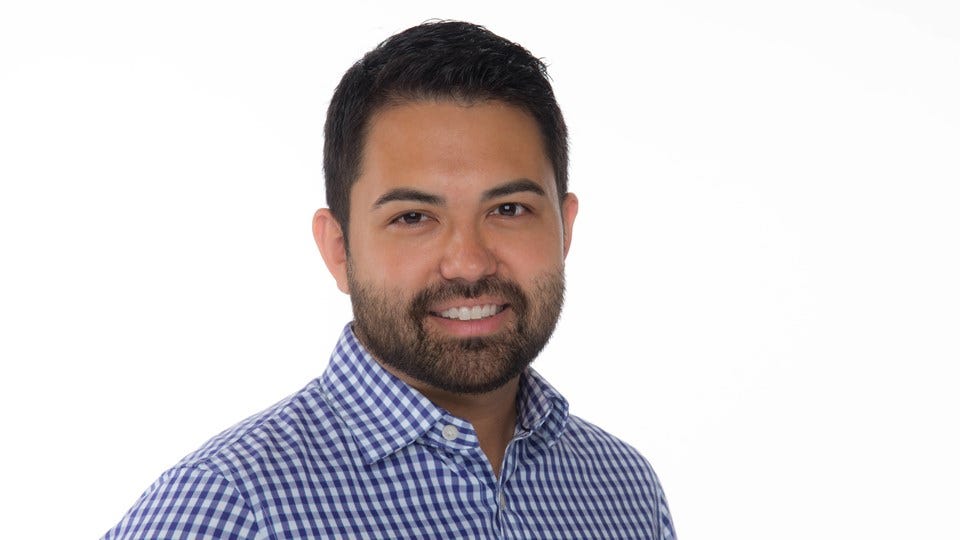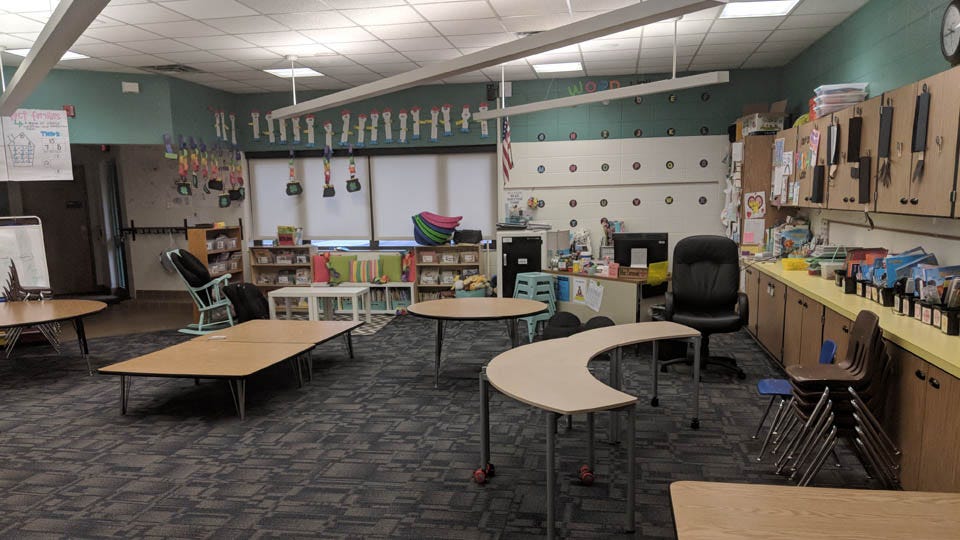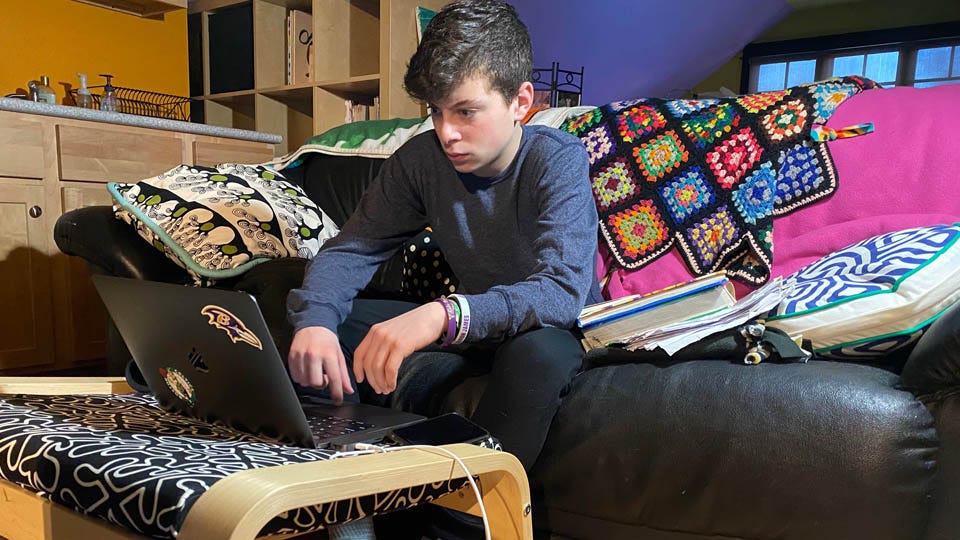E-Learning: The Future of Education?
Subscriber Benefit
As a subscriber you can listen to articles at work, in the car, or while you work out. Subscribe NowAs coronavirus concerns prompt the closure of all K-12 schools statewide until at least May 1, some school administrators are scrambling to produce educational materials and set up online courses to resume classes from a distance.
Other school corporations, which have implemented e-learning techniques to handle snow days, seem better prepared.
“That sector of the economy has been forced to adopt a whole new world of technology, pedagogy and of skills that people have been wanting them to adopt for a decade. And it’s all happened in a matter of a month,” said Jonathan Blake Huer, chief learning officer for Eleven Fifty Academy, an Indianapolis-based computer coding and technology school. “It’s just extraordinary to see how much has changed in a very short period of time.”
Remote learning, distance learning, or e-learning, no matter what it is called, is the reality of education across the U.S. with classrooms sitting empty as the country battles the coronavirus.
“The unimaginable challenge of moving all of these students to a distance environment is tremendous,” Huer said.
Huer, who has a Ph.D. in education, says education is the one sector that is going to come out of the pandemic the most changed.
“Because people who were resistant to moving their courses online, all of a sudden have been forced to do so,” said Huer. “And the change that will come about that experience is going to be tremendous.”
He expects the forced experience will change all levels of education. Huer says not only are schools being forced to embrace the technology, he thinks students and their parents may demand permanent change.
“All these students are now all of a sudden going to say, ‘wait a minute, so I was learning to remote and that works better for me. I was able to learn faster; I was able to learn at my own pace. I was able to learn in a different way and I learned a lot,’” explained Huer.
One such student may be Indianapolis 7th grader Harper Osborn-Pockrass, who attends a local parochial school. His mother is working remotely during the pandemic and noticed a change.
“We’ve been surprised at how much he has enjoyed the virtual learning curriculum and modules his teachers have prepared for him. He gets up early on his own and starts right in, spending several hours a day on papers, reading, and other projects,” said Kathy Osborn, Harper’s mother.
Osborn says her son’s teachers are all keeping office hours and email contact to answer questions.
“If Harper continues to perform well in this environment, we might just send him to virtual high school,” Osborn said.
Huer says the longer students practice remote learning, they may come to realize there are a lot more possibilities for education than sitting in a classroom for eight hours.
“Students and teachers are going to be forced to do something different. And for some of them, it’s not going to just be different, it’s going to be better. And when you discover something’s better, you don’t want to go back to the way things were.”
Like public schools, Huer and his team had to react quickly to put the curriculum online as Eleven Fifty closed its academies. Huer will appear on this weekend’s edition of Inside INdiana Business with Gerry Dick to talk more about e-learning and remote working as a result of the pandemic.
Huer says the pandemic may result in extraordinary changes in the education sector.



